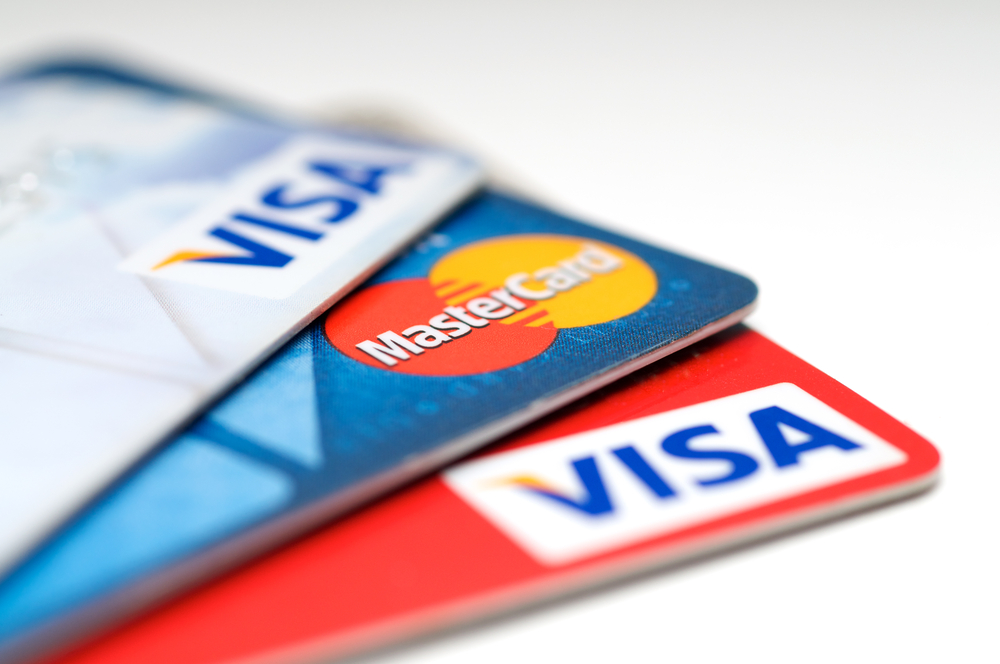Credit cards can be a beneficial tool for your finances if used wisely and in a disciplined manner. On the contrary, any negligence in timely repayment or spending beyond one’s capacity can attract penalties and charges and thereby, adversely affect your financial health.
Let’s take a look at some of the common credit card moves that can significantly increase your credit card bill if you do not pay heed to it -
Late Payment Fees
Every time you fail to repay outstanding dues on time, card issuers levy hefty finance charges, usually ranging between 23 per cent to 49 per cent per annum, on the unpaid dues. In addition to this, you may also attract a late payment fee of up to Rs 1,300 if you do not repay the minimum amount due by the stipulated date. This would also adversely impact your credit score. Credit card users who unable to repay their entire bill amount timely, should convert their entire outstanding balance or a part of it into equated monthly installments (EMIs). They may also consider converting transactions beyond pre-set threshold limits into EMIs. Those unable to even repay the dues in the form of EMIs can exercise the credit card balance transfer option, through which the unpaid amount is transferred to another card by a different issuer at nil or lower interest rate for a pre-specified period.
Cash Advance Fee
Cash withdrawals made through credit cards attract cash advance fees of 2.5 per cent to 3.5 per cent of the withdrawn amount for most card issuers, subject to the minimum of Rs 250 to Rs 500 per withdrawal. Additionally, cash withdrawals also attract hefty finance charges of around 23 per cent-49 per cent per annum, applicable right from the day of withdrawal till the date of their repayment. Hence, making cash withdrawals via credit card should be avoided as much as possible. In case it becomes totally unavoidable, make sure to repay the entire withdrawn amount soon.
Over-Limit Fee
Card issuers levy over-limit penalty whenever you breach the sanctioned credit limit. Most credit card issuers charge 2.5 per cent of the over-limit amount as a penalty, with the minimum fee being Rs 500. Some card issuers charge a flat fee of Rs 500, irrespective of the exceeded amount.
Finance Charges
Interest-free periods on card transactions are provided by issuers. . This refers to the duration between the date of your credit card transaction and the due date of payment for that billing cycle. This period generally ranges anywhere between 18 and 55 days, depending on the cardholder’s transaction dates. Finance charges are not levied during their interest period, as long as they repay the entire bill of that billing cycle by the due date. However, failing to repay the entire bill by the due date would attract finance charges on fresh card transactions till the repayment of previous dues. Hence, those failing to repay the entire dues should avoid fresh card transactions until they pay off the outstanding dues.
Cross-Currency Transactions
Credit card issuers levy foreign currency mark-up fees usually ranging between 1.99 per cent and 3.50 per cent on using credit cards for overseas transactions, both online as well as offline. Hence, the ones who tend to make frequent overseas transactions should use prepaid forex cards. Prepaid forex cards levy zero mark-up fee on foreign transactions carried out within the jurisdiction of the loaded currency. Users can also top up these cards as per their requirements. Those traveling to multiple currency jurisdictions can go for multi-currency forex cards, as these cards allow users to load money in multiple foreign currencies in the same card as per their financial requirements.
The author is Director, Paisabazaar.com
DISCLAIMER: Views expressed are the author’s own, and Outlook Money does not necessarily subscribe to them. Outlook Money shall not be responsible for any damage caused to any person/organisation directly or indirectly.









